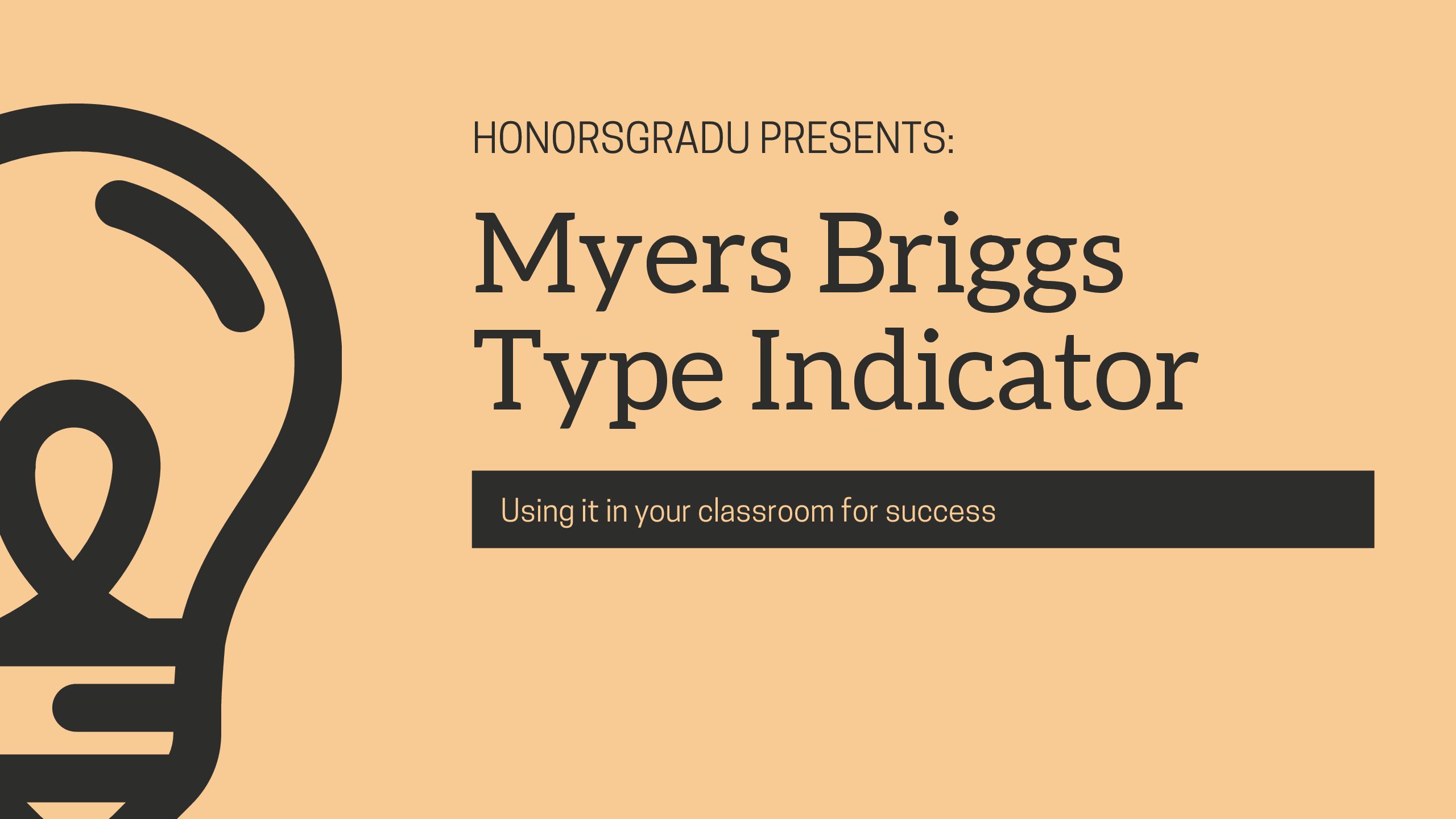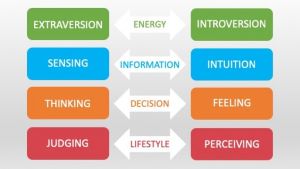This post is part of a series of posts on teaching to different personality type indicators as found in the Myers Briggs Type Indicator. To see more, head here.
Let’s talk about teaching extroverts! My articles on teaching using Myers Briggs type indicator have been so popular that I felt like breaking them up this way would be beneficial for teachers and students.

But first, let’s grasp what an extrovert really is, and why it differs from an introvert. One way to understand the difference is to look at your focus and energy. Is it inward or outward? Extroverts are very outward in their thinking and energy. They talk through ideas and problems with others and being surrounded by a crowd brings them energy. Versus an introvert, which is very inward thinking.
A few traits of an extroverted student:
They need talking and discussing.
They thrive on social interaction.
Giving them a chance to be in the limelight can be great for some.
They typically do better with a faster-paced environment.
Extroverted students tend to be the school’s leaders, the class clowns, the center of attention. They are always thinking about how they can change the world or figure out a newer, better way for something. They want to be a part of the events and the school how and where they can.
These students can be supported by allowing social time, assigning group work, and giving them a chance to take the limelight. If you can recognize them getting antsy or needing to move, allowing them to express this outwardly can do wonders for your classroom, by giving them the chance to get up, move, and talk.
Creating a personal relationship with an extroverted student can make or break their education. They thrive on relationships with others, and role models, such as teachers, are high up on their list of important relationships that they value.
Are you able to pick out the extroverted students in your classroom? What is the best way you’ve found to support them in their learning?
Cover photo: pexels.com





